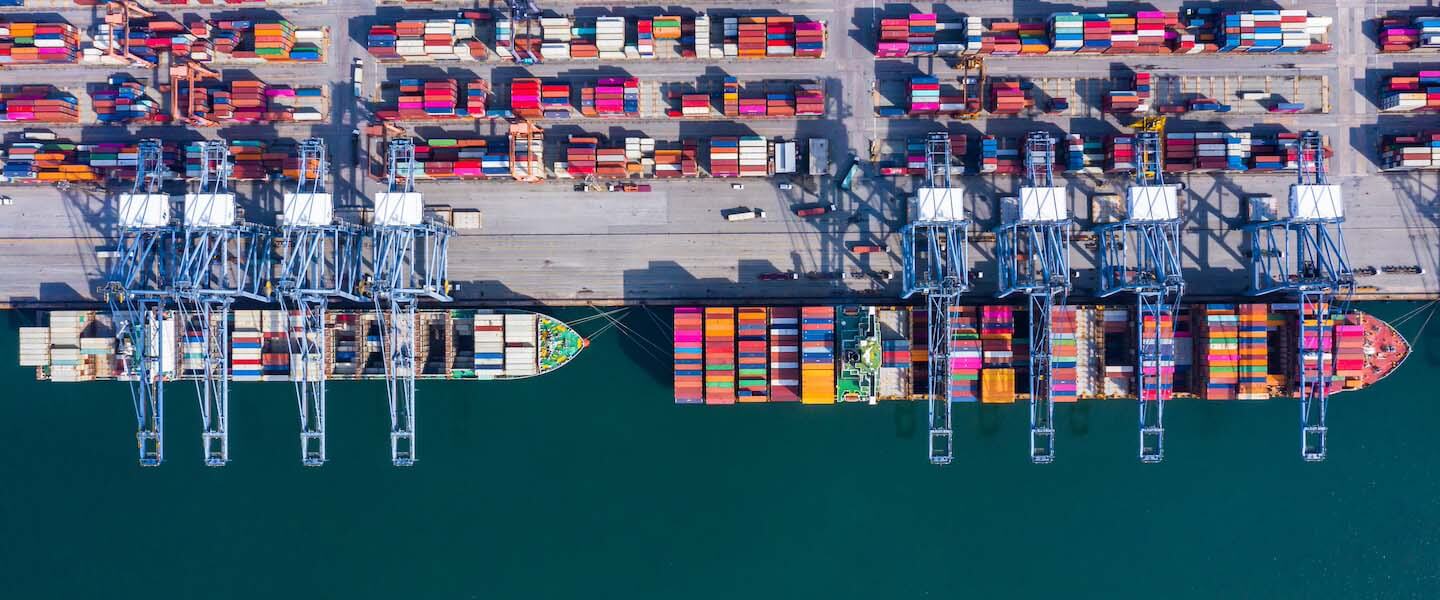
IBR
-
Italy records the sharpest decline in optimism among mid-market businesses in Europe (-7%), with negative expectations for revenue, exports, and investments.
-
High energy costs (63%), international tensions (56%), and bureaucratic complexity (55%) are weighing on the performance of Italian businesses.
-
Unlike the rest of Europe, Italian SMEs currently benefit from easier access to financing—a key driver for international expansion.
Optimism of Italian small and medium enterprises was already sharply declining even before the introduction of tariffs, more than in the rest of Europe, with pessimistic expectations on turnover, exports, and investment. A substantial stand-by of investment and initiatives was the signal of a system vulnerability condition and of a general uncertainty typical of “those who do not feel protected by the context in which they operate. And if research had been conducted in these last days, the results would have been even more negative” commented Sante Maiolica, CEO of the financial advisory services division of Grant Thornton Italy, international consultancy network which realized the latest International business report in Q1, 2025, involving 2.500 executives of mid-market companies at a global level.
These are clearly not optimistic times. In fact, optimism decreased by three percentage points at a global level, but Italy registered the most significant decline: -7% (from 65 to 58%).
A significant role in this results is played by the high cost of energy (63%), which weighs on the competitiveness of Italian companies; by the repercussions of the multiple current geopolitical tensions (56%), due to the difficulty in supplying raw materials or to the effects on exports; and by the atavistic problem of Italian bureaucracy (55%), although there have been improvements due to Pnrr investments.
«Food and beverage, precision mechanics, automotive, and textile are those industries with the highest drop in optimism, differently from the services, digital transformation, and sustainability sectors» comments Maiolica, which continue to see the future with a more positive approach.
The Grant Thornton report represent a more vulnerable and concerned country than others, as Italy has often registered more negative results: in fact, while the number of entrepreneurs, for example, who expect a growth in profitability has declined anywhere by 1%, this number decreased by 7% in Italy, i.e., five percentage points more compared to the rest of Europe. In the same way, expectations on a reduction in turnover are higher in Italy (4% in Italy and 2% in the rest of Europe).
Therefore, Trump’s tariffs hit like a storm on «Italian SMEs, which, especially in certain industries, have been already suffering for some time, particularly companies operating in the textile sector, which have been gone through a very difficult situation since the starting of the war in Ukraine and sanctions on Russia».
The same is true for the conflicts in the Middle East areas or disputes for Taiwan or markets in some areas in Africa which are perceived as unsecure. All the above factors impact the expectations of Italian companies, «which American commercial policies are now driving out of the market in some cases. In fact, there are companies which operate for 70% with exports».
The uncertainty of these times will therefore end up underlining even more some pre-existing weaknesses, «the system vulnerability, the dependence on foreign markets, and, in some cases, the small size of companies», states the CEO of GTFAS.
The report does not contain any reference to economic policies or to government decisions or to the constant decrease in industrial production, but «if we look at results – i.e., the expectations on the decrease in turnover, the decline of investment in technology and brand – I believe that they indirectly suggest that some businesses do not have certainty in their view and no not feel protected by the current context».
In other words, interviewed entrepreneurs do not feel sufficiently safeguarded in these stormy seas. However, among many negative data, there is an opposite trend to be considered, «which is access to finance, which represents a competitive advantage that Italian companies are not used to have».
In fact, if concern on access to credit is increasing in general everywhere (+3% both at global and European level), Italy is going in the opposite direction. «This is not trivial at all – commented Maiolica. Banks are getting more used to issue loans to companies, with lower rates and through innovative systems, and this is an important booster for Italian businesses that are realizing internationalization operations, for the first time as predators rather than preys».
Before Covid, it was unusual for SME to acquire foreign companies; now, on the contrary, we can see how much they are trying to go international. This is certainly good news, that can be a lifeline for small and medium enterprises, even in the Trumpian storm.
«The need to go outside national borders is more evident», concluded Maiolica, who believes that «having offices where tariffs are imposed is the only healthy way to overcome these obstacles». But this is not always possible and not without its downside.